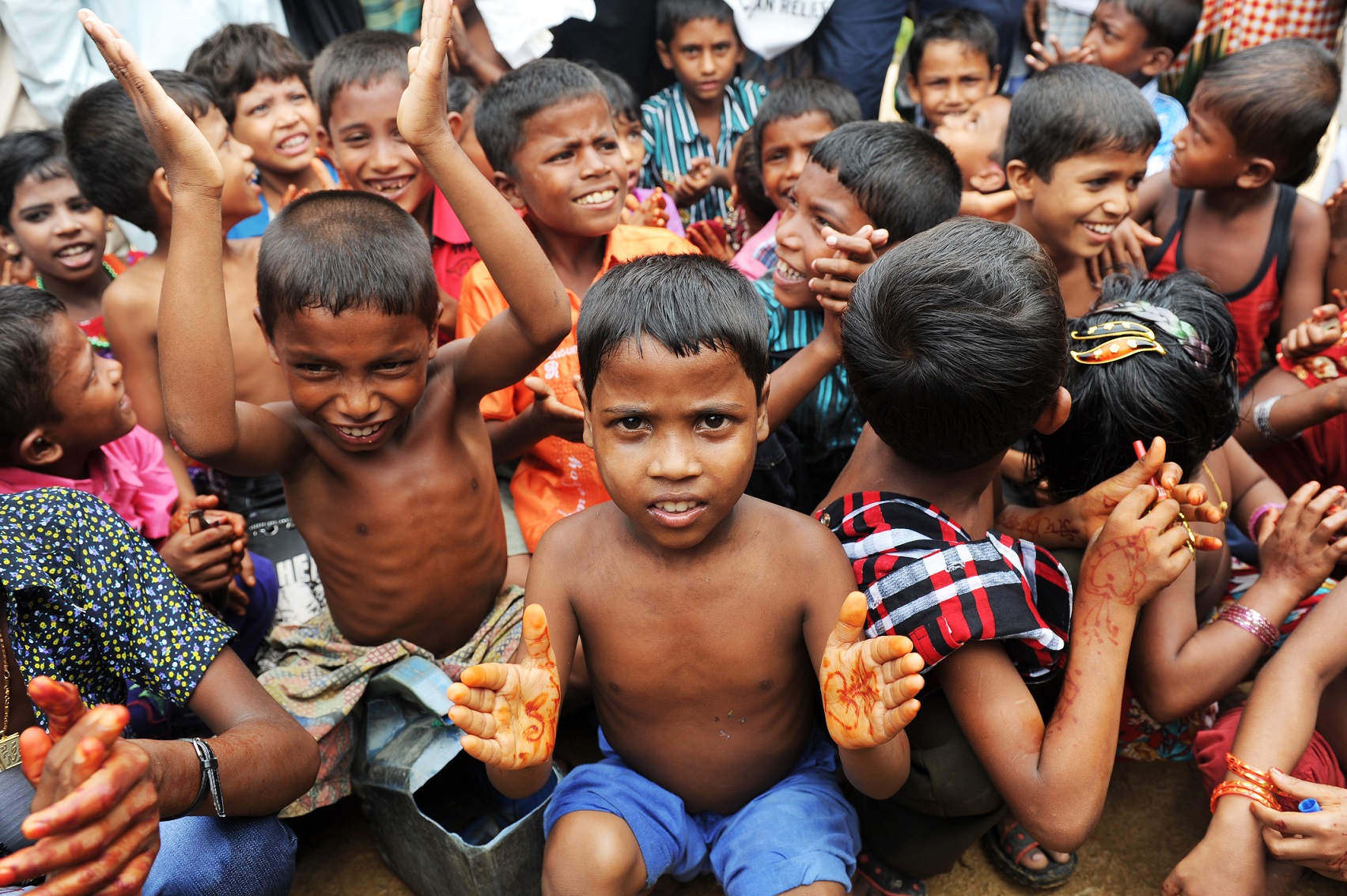News
Skepticism, worry amid preparation for Rohingya repatriation
YANGON, Myanmar — Myanmar says it’s ready for a gradual repatriation of Muslim Rohingya refugees chased out by the Buddhist-majority country’s military. Bangladesh says it’s preparing for the transfer, but it might need more time.
And the refugees themselves?
In interviews in recent weeks with dozens of the nearly 700,000 Rohingya who’ve poured into Bangladesh since August in what’s become the world’s worst refugee crisis, The Associated Press has found deep skepticism, if not outright terror, about returning to a place where they say their homes were burned, their wives, sisters and mothers raped, and their friends and neighbours slaughtered.
The two nations’ border seemed calm Tuesday, despite some sense, in Myanmar, at least, that the proposed transfer of refugees might still go forward.
“No matter what, from our side, Myanmar is ready to start the process, but Bangladesh may have difficulties, causing a delay in sending refugees back,” said Win Myat Aye, Myanmar’s social welfare minister.
If the desires of the refugees themselves are considered, it won’t happen any time soon.
In the sprawling camps that cover the hills south of Cox’s Bazar, Bangladesh, along the border with Myanmar, the Rohingya say they want to return to their burned villages, but only with strong outside monitoring of their safety and living conditions.
“How can we go back to Myanmar without anyone guaranteeing our security,” said Alam, a Rohingya in the Bulakhali refugee camp in Bangladesh, who, like many Rohingya, goes only by one name. “If we would be given homes in our villages that were burned, then we will go back.”
More than 680,000 Rohingya have fled to Bangladesh to escape a crackdown by Myanmar’s military that began following attacks by a Rohingya militant group on Aug. 25. The United Nations and the United States have described the crackdown as “ethnic cleansing.” The U.N. human rights chief has also suggested that it may be genocide.
The two countries have agreed to a two-year repatriation process set to begin Tuesday. But officials in Bangladesh on Monday said a number of issues remained unresolved, in particular worries that refugees were being forced to return.
Abul Kalam, a Bangladesh relief official, said by phone from Cox’s Bazar that officials are preparing lists of potential returnees.
“We are doing our work. This is a human process, and it needs the preparing of lists, proper verification, co-ordination with Myanmar and other departments and agencies here,” he said. “Both sides have agreed to execute it and the process has started. I don’t see any problem in implementing the deal.”
There’s little sign of that, however, at the border.
A local government official, Khaleda Begum, called the border calm. She told the AP that she saw two men and one woman with their belongings enter Bangladesh in the morning from Myanmar.
“I asked them who they are,” she said. “They told me they were coming from Myanmar to get to Kutupalong (refugee) camp.”
Win Myat Aye said Myanmar has provided Bangladesh with a list of 700 Rohingya and 400 Hindu refugees who have been verified as eligible for repatriation. Only refugees with identity documents — which most Rohingya lack — will be allowed back into Myanmar.
Many in Myanmar see Rohingya as illegal migrants from Bangladesh, although many families have lived in Myanmar for generations.
They have been denied citizenship, freedom of movement and other basic rights.
Though a total of more than 1 million Rohingya Muslims are living in refugee camps in Bangladesh, international aid workers, local officials and the refugees themselves say preparations for repatriation are far from complete.
Myanmar Union Minister Thaung Tun told reporters Tuesday that his country is “ready to receive those who will be coming across the border.”
Thaung Tun said Myanmar is currently prepared to receive 300 returnees a day and “the number could increase based on the progress of the first batch that will be coming across.”
The two countries have signed an agreement to begin sending people home in “safety, security and dignity,” but rights groups have expressed worry about Rohingya returning to villages they left only months ago in terror. According to the U.N. refugee agency and other rights groups, Rohingya are still fleeing across the border into Bangladesh, although the numbers are smaller than in previous months.
“As of today, the necessary safeguards for potential returnees are absent, and there are continued restrictions on access for aid agencies, the media and other independent observers,” UNHCR spokesman Adrian Edwards said in Geneva on Tuesday.
——
Associated Press writer Julhas Alam in Dhaka, Bangladesh, and Esther Htusan contributed to this story.






















